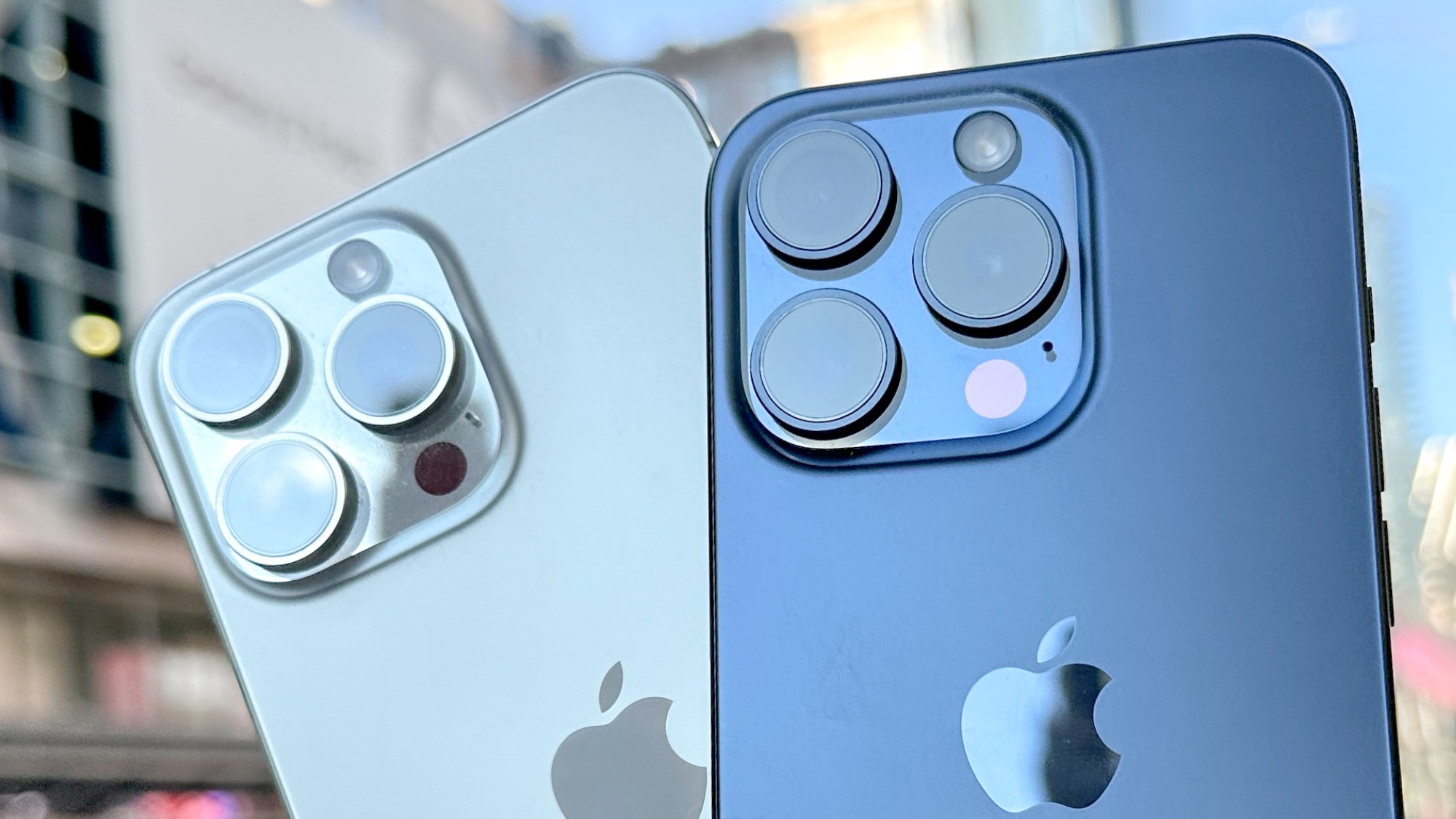
A recent leak has revealed that the iPhone 16 Pro's A18 Pro chip could fall behind the competition, at least when it comes to Geekbench scores.
This information comes to us courtesy of Nguyen Phi Hung who states in a recent post on X that the A18 Pro only shows a 10% increase in its Geekbench score compared to the iPhone 15 Pro's A17 Pro chip. For reference, when we tested the iPhone 15 Pro, we found it to have an average multi-core score of 7,194. If we add 10% to that, then it would mean that the average multi-core score for the A18 Pro would be around 7,913.
A18 Pro = A17 Pro + 10% https://t.co/2tuAlLbNdzMarch 10, 2024
While we do not have the set numbers for the single-core score, we can make an estimate if we keep the 10% increase. Our testing for the iPhone 15 Pro had an average single-core score of 2,890, so 10% on top of that for the A18 Pro chip would mean an average score of 3,179.
This would almost match the numbers leaked by Nguyen in January that had the A18 Pro chip reach a maximum single-core score of 3,500. It should be noted that the multi-core score for the chip was listed as 8,200 in that leak, instead of the 10% increase reported now.
However, regardless of which number is chosen, they both fall short of the leaked numbers for the Snapdragon 8 Gen 4 and the Dimensity 9400.

In a recent leak, we saw that the Snapdragon 8 Gen 4 maintained a single-core score of 3,500. This would be the same as the A18 Pro single-core score that Nguyen leaked in January, but if we take the new A17 + 10% performance claim, the new Snapdragon chip would come out on top.
Meanwhile, Notebookcheck recently reported on a leak for the multicore score for both the Snapdragon 8 Gen 4 and the Dimensity 9400. According to their report, the Snapdragon 8 Gen 4 can manage a score of 10,628 in the multicore test, while the Dimensity can supposedly reach as high as 11,739. If these rumors are accurate, both vastly outstrip Apple’s next chip, regardless of which of Nguyen's two leaks you potentially believe.
Geekbench leaks like this should always be taken with a grain of salt, especially as there is no easy way to verify the results at this stage. It is also best practice to take an average of multiple tests when testing core speeds rather than relying on a single result, due to fluctuations in the score. A good explanation of this can be found in our guide on how we test smartphones for reviews.
This information, if accurate, could mean that the next generation of Android phones might finally manage to reach the top two spots of our fastest phones list. While it's possible we'll see more leaked results for the A18 Pro chip in the future, we will only know for sure when we can test the iPhone 16 Pro ourselves. We expect the iPhone 16 series will have a September release, but keep an eye on our iPhone 16 Pro hub for more rumors and leaks in the meantime.







